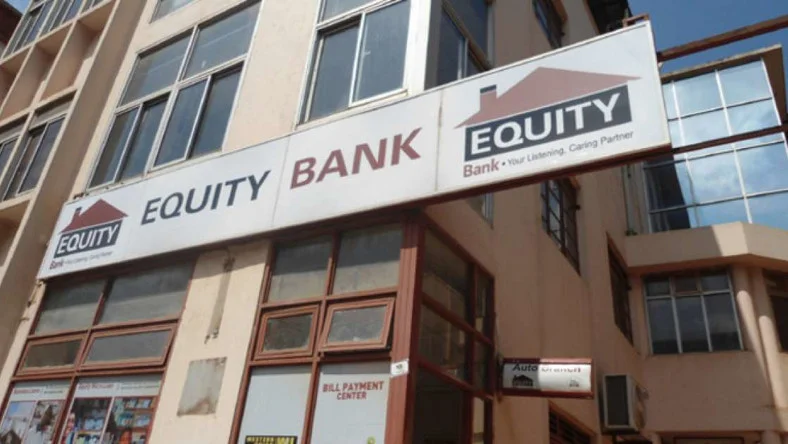The Finance and National Planning Committee of Kenya’s National Assembly is seeking to overhaul the current Pay As You Earn (PAYE) tax structure.
As part of the upcoming 2026 Finance Bill.
Under the proposal, the tax-free monthly income threshold, which is currently set at KSh 24,000, would be increased.
To ease the burden on both lower- and higher-income earners.

Reviewing Tax Bands and Rates
Committee chair and Molo MP Kuria Kimani confirmed that lawmakers plan to review the existing five PAYE bands to reflect current economic realities.
He argued that the present threshold is too low and should be adjusted to benefit a wider segment of the workforce.
At present, individuals earning above KSh 500,000 per month pay 32.5% in income tax, while those earning over KSh 800,000 are taxed at the top rate of 35%.
The committee is considering lowering this highest rate to align with corporate tax levels.
Additionally, it is worth noting that the current disparity can incentivize individuals to structure their earnings as company income rather than a personal salary.
“The KSh 24,000 tax-free limit no longer reflects the cost of living. Raising it, alongside reviewing the PAYE bands, is critical,” Kimani stated.
Contrasting Views from the World Bank
While the parliamentary committee leans toward lowering the top rate, the World Bank has recommended moving in the opposite direction.
Increasing the highest personal income tax rate to 38% for those earning above KSh 800,000.
The lender has also proposed lowering the tax rate for monthly earnings between KSh 24,000 and KSh 32,333 from 25% to 15%.
A move, it says, would directly benefit low- and middle-income workers.
Impact on Workers’ Incomes
The debate comes at a time when Kenyans have faced five consecutive years of reduced purchasing power.
With wages failing to keep pace with inflation and the rising cost of living.
Additional statutory deductions, including the controversial health insurance levy and housing tax, have further squeezed disposable incomes.
According to World Bank estimates, implementing their proposal could mean tangible gains for workers.
For example, an employee earning KSh 50,000 per month could see their take-home pay increase by about KSh 179.
While someone earning KSh 100,000 could take home roughly KSh 3,788 more.
Looking Ahead
The Treasury is expected to consider both the committee’s recommendations and those from the World Bank before the Finance Bill is tabled for debate.
Whether the focus will be on lowering top tax rates, expanding the tax-free threshold.
Or a combination of both remains to be seen.
But the outcome will have a direct effect on the earnings and living standards of millions of Kenyans.
ALSO READ: Neil Wigan British High Commissioner Announces Exit, Hails “Whirlwind” Tenure in Kenya








































